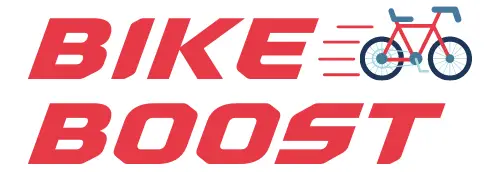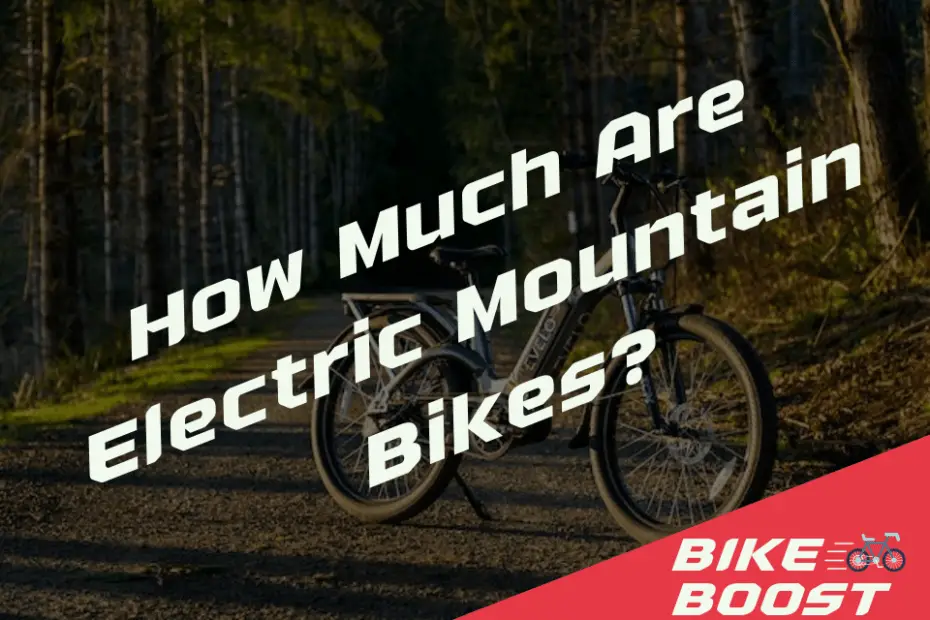Electric mountain bikes, or e-MTBs, have gained tremendous popularity among cycling enthusiasts in recent years. Combining the thrill of mountain biking with the assistance of an electric motor, these bikes provide an exhilarating experience on various terrains. However, potential buyers often wonder about the cost implications of owning an electric mountain bike. So how much are electric mountain bikes? In this article, we will delve into the factors influencing the prices of e-MTBs, explore different price ranges, and provide insights for making an informed purchasing decision.
Understanding Electric Mountain Bikes
Electric mountain bikes, as the name suggests, are bicycles equipped with an electric motor to assist riders in pedaling. These bikes are designed specifically for off-road adventures and come with specialized components to handle challenging terrains. The electric motor provides varying levels of assistance, allowing riders to conquer steep inclines and cover longer distances with less effort.
Factors Affecting the Price
- Brand Reputation: High-end brands with a strong reputation often come with a premium price tag due to their craftsmanship and performance.
- Bike Specifications: Electric mountain bikes with advanced specifications, such as powerful motors and long-lasting batteries, tend to have higher prices.
- Technology Advancements: Cutting-edge technology incorporated into electric mountain bikes can increase their cost.
- Additional Features: Bikes with extra features and accessories may have higher prices compared to basic models.
Electric Mountain Bikes for Beginners
For those who are new to electric mountain biking, there is a range of entry-level options available at affordable prices. These budget-friendly e-MTBs typically fall within the price range of $1,000 to $2,500. They provide a decent introduction to the world of electric off-road cycling, allowing beginners to enjoy the benefits of electric assistance without breaking the bank. However, it’s important to note that these bikes may have limitations in terms of battery range, motor power, and overall durability compared to higher-priced models.
Mid-Range Electric Mountain Bikes
In the mid-range segment, electric mountain bikes strike a balance between performance and affordability. These bikes typically fall within the price range of $2,500 to $5,000. With a moderate increase in price compared to entry-level options, riders can expect improved specifications and enhanced components. These mid-range e-MTBs often feature more powerful motors, extended battery ranges, and better suspension systems, enabling riders to tackle more demanding trails with ease. Reputable brands offer a variety of reliable mid-range e-MTBs that cater to the needs of both intermediate and experienced riders.
High-End Electric Mountain Bikes
For those seeking the ultimate riding experience, high-end electric mountain bikes are available at top-tier prices. These bikes typically fall within the price range of $5,000 to $10,000 or more, depending on the specific model and brand. With cutting-edge features, lightweight frames, and advanced suspension systems, high-end e-MTBs deliver unrivaled performance on challenging trails. These bikes showcase the pinnacle of technology, design, and performance, incorporating the latest innovations in the cycling industry. It’s important to consider that the price of these bikes can be substantial due to the use of premium materials and the integration of advanced technologies.
Customization and Upgrades
One of the advantages of electric mountain bikes is the ability to customize and upgrade various components according to personal preferences. This customization can include changes to the drivetrain, suspension, tires, and even the electric motor itself. While customization options provide an opportunity for riders to tailor the bike to their specific needs, it’s important to consider the cost implications of these modifications. Upgrades can add to the overall price of the e-MTB, but they also enhance performance and allow riders to optimize their riding experience.
Additional Features and Accessories
When purchasing an electric mountain bike, it’s essential to consider the availability and cost of additional features and accessories. These can include essential items such as lights, racks, and fenders, as well as optional extras like bike computers, GPS devices, and action cameras. While some features may come as standard on certain models, others may need to be purchased separately. Additionally, investing in high-quality safety gear, including helmets, knee pads, and gloves, is crucial for a safe and enjoyable riding experience.
Maintenance and Longevity
Maintaining an electric mountain bike is vital for ensuring its longevity and optimal performance. Regular servicing and upkeep contribute to the longevity of the bike’s components, including the electric motor and battery. While maintenance costs may vary depending on the specific model and brand, routine tasks such as cleaning, lubricating the chain, and inspecting the brakes are generally straightforward and can be done by the rider. However, periodic professional servicing by a qualified bike mechanic is recommended to address any complex issues and maintain the bike’s integrity.
Renting vs. Buying
If you’re unsure about committing to the purchase of an electric mountain bike, renting can be a viable option. Renting allows you to experience the thrill of riding an e-MTB without the upfront cost. Rental prices can vary depending on the duration and location, providing flexibility for riders to choose the most suitable option. However, it’s important to consider that renting over an extended period can accumulate costs that may eventually exceed the price of buying a new or used e-MTB.
Where to Buy Electric Mountain Bikes
When ready to purchase an electric mountain bike, it’s important to explore various buying options. Authorized dealers of specific brands often provide a comprehensive buying experience, ensuring that you receive expert advice and access to after-sales support. Alternatively, reputable online platforms offer a wide selection of e-MTBs, providing detailed specifications and customer reviews. Test riding different models is highly recommended to determine which bike suits your preferences and riding style.
Used Electric Mountain Bikes
If budget constraints are a concern, considering a used electric mountain bike can be a cost-effective option. The used market offers a range of e-MTBs at lower prices than their brand-new counterparts. However, caution must be exercised when purchasing a used bike to ensure it’s in good condition and meets your requirements. Inspecting the bike thoroughly, assessing the battery health, and verifying the seller’s credibility are essential steps to take before finalizing a used e-MTB purchase.
Financing Options
To make the investment in an electric mountain bike more manageable, financing options can be explored. Some bike retailers offer installment plans, allowing you to pay for the e-MTB in monthly installments. Additionally, specific financing programs designed for purchasing bikes, such as bike-specific loans, may be available. It’s advisable to carefully review the terms and conditions, interest rates, and any potential fees associated with these financing options before committing to a purchase.
Conclusion
In conclusion, the cost of electric mountain bikes can vary significantly depending on various factors such as brand reputation, specifications, technology advancements, and additional features. Entry-level e-MTBs cater to beginners and are available at affordable prices, while mid-range and high-end options provide improved performance at higher price points. Customization, additional features, and accessories contribute to the overall cost. Maintenance, longevity, and financing options are also important considerations. By understanding these factors, prospective buyers can make informed decisions and find an electric mountain bike that suits their budget and riding preferences.
FAQs
Are electric mountain bikes more expensive than traditional mountain bikes?
No, electric mountain bikes generally tend to be more expensive than traditional mountain bikes due to the additional components and technology involved in their construction.
Can I convert my existing mountain bike into an electric one?
Yes, it is possible to convert a traditional mountain bike into an electric one using conversion kits available in the market. However, the cost and feasibility of conversion depend on the specific bike model and the desired level of electric assistance.
What are the ongoing costs associated with owning an e-MTB?
The ongoing costs of owning an electric mountain bike include electricity costs for charging the battery, periodic maintenance and servicing, replacement of worn-out components, and potential repairs.
Do electric mountain bikes require specialized maintenance?
While electric mountain bikes require regular maintenance, the procedures are similar to those of traditional bikes. Basic tasks such as cleaning, lubricating the chain, and adjusting brakes can be performed by the rider, but more complex issues may require professional assistance.
How long does the battery of an electric mountain bike last?
The battery life of an electric mountain bike can vary depending on factors such as battery capacity, power assistance level used, terrain, and rider weight. Generally, batteries can last anywhere from 20 to 80 miles on a single charge.
Are there any safety concerns specific to electric mountain bikes?
Some safety concerns to consider when riding electric mountain bikes include the added weight of the bike, which may affect handling, and the increased speed potential, requiring riders to be mindful of their surroundings and adjust their riding style accordingly. It’s crucial to wear appropriate safety gear and follow local regulations and trail guidelines for a safe riding experience.
Andy is an avid cyclist who enjoys nothing more than a ride out in the hills. Competing in track, road, time trial and mountain bike events in the past, he prefers slower rides out with his family these days.

